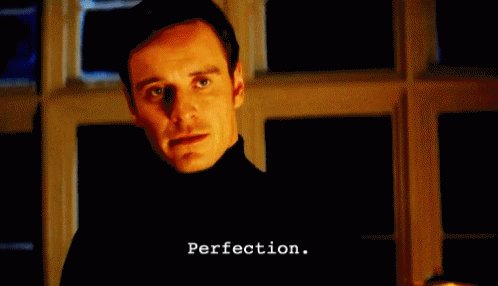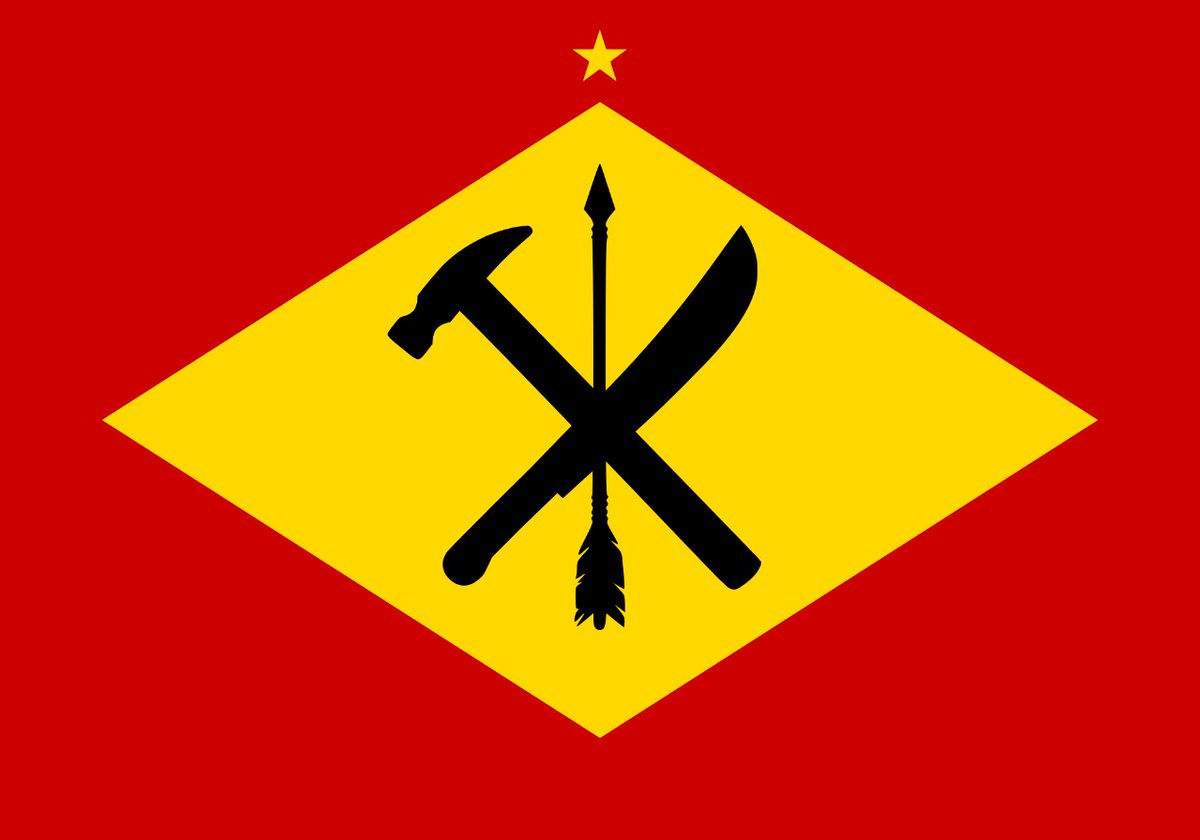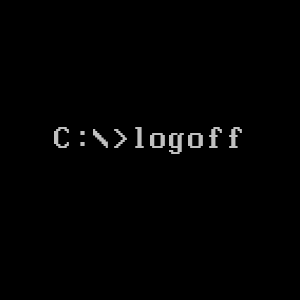title
also did you work out or not
If you are overweight and want to change that, just be aware that you are looking for a permanent change in how you approach food. Temporary radical changes of your eating behavior will do absolutely zero good. You will need to eat less than you are currently doing. Always and not just for a month or two.
In practice, leaving out the worst offenders: soda, everything deep fried, chips, sugar based snacks and replacing them with actual food will go a long way for many people.
If you aren't eating (much) garbage, then you won't get around actually tracking your calories. It's annoying, but with modern apps way more possible than it has ever been. Aim for 10% less than what you are currently eating and see how it goes.
I know "just eat less lol" is a meme but it works. The hardest thing about dieting is that 30 minute period when you're hungry and uncomfortable, if you can outlast it your stomach will basically give up and quit bitching for a while. Once you train yourself to power through it, you're like 90% of the the way there.
It didn't really have a name when I did it but I guess I was technically doing intermittent fasting too. No food between dinner and going to sleep basically, so like 12 hours of no food.Yeah, I ate less and counted calories the first few weeks. I did work out, but like walking and body weight stuff just so I was losing fat instead of muscle too.
As someone who’s both gained and lost weight as a vegan, you can do very well if you’re focusing on plant-based whole foods which naturally lend themselves to having a lot of fiber without many calories. It’s good if you like to eat a lot because you can generally eat a lot of volume especially with things like greens and zucchini. It’s also good for being a pretty sustainable approach to food that can let you be “on a diet” long term as a form of long term healthy habits. I liked Forks over Knives’ WFPB cookbook/recipe app. Lots of good ideas.
Just counting calories are trying to avoid as much sugar as possible worked great for me. It's a bit of a hassle to weigh everything and keep track of your calorie intake but counting calories is the only "diet" that is guaranteed to work and to give you the best results.
Went from 180 to 155 by tracking calories and lifting weights. Looked damn good, felt terrible. Was lethargic, hungry all the time, especially those last couple weeks.
Down 20 pounds from my covid fattest. Cut basically all carbs. Used to eat stuff with rice? Why not just eat the meat and veggies? Egg on toast? Why not just egg. I was shocked when it actually worked because it is not that low fat, I drink whole milk and pan fry most things in some olive oil. Also zero sugary beverages at all, except some juice now and then. Also working out tho
Whatever you do, you should probably do light exercise (lifting likely the best here), because you want your body to think the muscle mass you have is important to keep. Otherwise your fat loss will include muscle loss and it'll slow the whole process down.
i'm doing lifting, cardio & ab exercises + recently i started going for walks, but my weight hasn't gone down, which probably means im consuming too many calories or something
Yeah, it just means you're eating as much as you're burning. Myfitnesspal + a food scale + overestimating everything you eat is the way to get there. I'd also use TDEE calculator to figure out your actual total daily energy expenditure and shoot for a 300 to 500 calorie deficit.
I'd also track a weekly average rather than daily weight, and dont bother tracking progress during your period, just keep eating at a deficit.
Also, once every 6 weeks eat at maintenance for a week or two.
Keep lifting and eating high protein to burn fat preferentially.
Make sure you're still getting some omega 3 fats and complex carbs so that you don't have mood swings
And don't freak if you miss a day or a week or whatever, habits take time to build and you'll fail multiple times before you get there.
I would actually count calories in your situation. You can find bmi calcs that will estimate how many calories you can be in deficit without too much effect on your metabolism and work with that until you have a comfortable idea of what you can eat.
Lifting weight doesn't need to be light. I ran a hypertrophy program on a cut and it went really well.
i do low carb, except not very low because carbs are too good (think 70-100g as a yellow sign and over that as a red sign)
the larger point of a diet is always to enter a caloric deficit, i just find it easier to do it with fat/protein foods as satiation lasts for so much longer
i also find that i eat a lot more when my hobbies are more "passive" (such as watching movies), so i try to be active - even playing a videogame is better if it keeps you consistently busy (though there are healthier things to do lol)
i'm actually of the belief that the reason behind people not sticking to their diets has very little to do with the diets themselves and a lot to do with the fact that life can be pretty fucking boring
Once you get used to it intermittent fasting is effortless. The hunger spikes that you have before breakfast, lunch, dinner are completely conditioned and malleable with only a few days or weeks of habit change. It's a lifestyle change that I found really easy to maintain. I did it for five years or so, quit for a while because I've been dealing with some health problems, and now I'm planning to get into the schedule again soon. Not because I want to lose anything, but because fasting has always just made me feel good throughout the day.
Intermittent fasting and veganism have coincided with a 140 lb drop in the last two years, and I'm not mad about it.
I think that first of all, dieting doesn’t usually work long-term so you should consider your lifestyle and approaches to food. I feel like for an average person, reducing calorie intake can be effective and sustainable while also causing minimal disruption. It is also easier to eat less than workout more, although working out is still important for health which should be the overriding factor. Nutrition is more complex than simply calories in/out but it can go pretty far.
That being said, the easiest ways to reduce calories (in no particular order):
- Reduce or eliminate alcohol
- Avoid sugary drinks (or switch all liquids to water)
- Avoid or reduce eating out (helps save money too)
- Prepare more food at home (meal planning and cooking with friends/SO can be a fun activity)
- Be ok with leftovers (money saver too)
- Use smaller plates
It is also easier to eat less than workout more,
Speak for yourself lol
So I went from about 240 to 200 back in 2015, and the way I did it was by being poor.
That's kinda flippant, but I really mean it. My staples were the cheapest chicken nuggets and refried beans at whatever store was nearby, I walked everywhere because I needed save my gas to follow my job as it moved between counties, 90% of the time I was drinking free water from a tap near the trailer I was renting, every night I grabbed a bunch of fried food for free before it could get thrown away. My diet was God-awful but what made me lose weight was the fact that I was only getting about 2000 KCal/day and I was moving around a lot, which is enough to live on but not enough to sustain how big I was at the start of that year.
My next job came with a lot more exercise, but I actually gained weight while I had it because once I wasn't living paycheck to paycheck it was really hard not to constantly be eating crap.
whenever i get self conscious i just stop eating lmao
healthy? probably not. effective? definitely.







